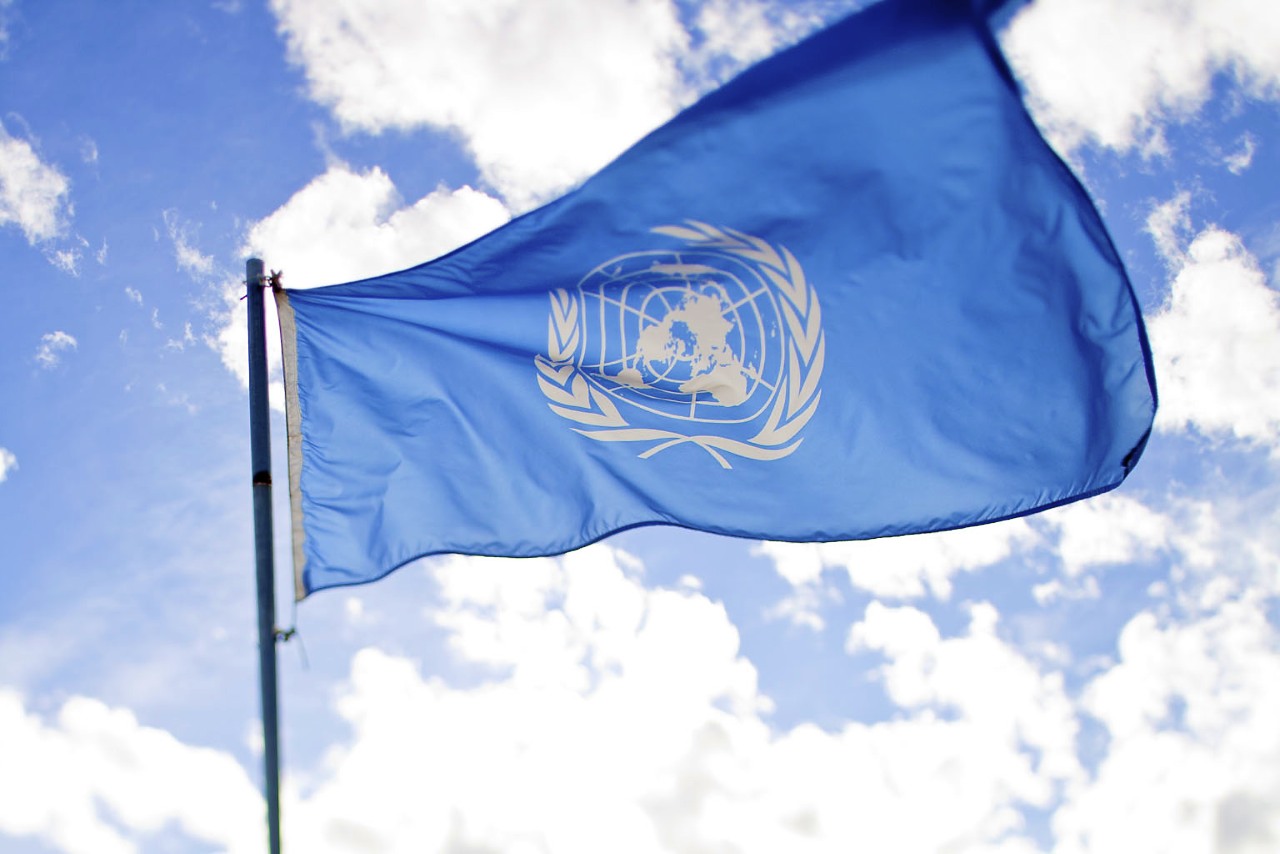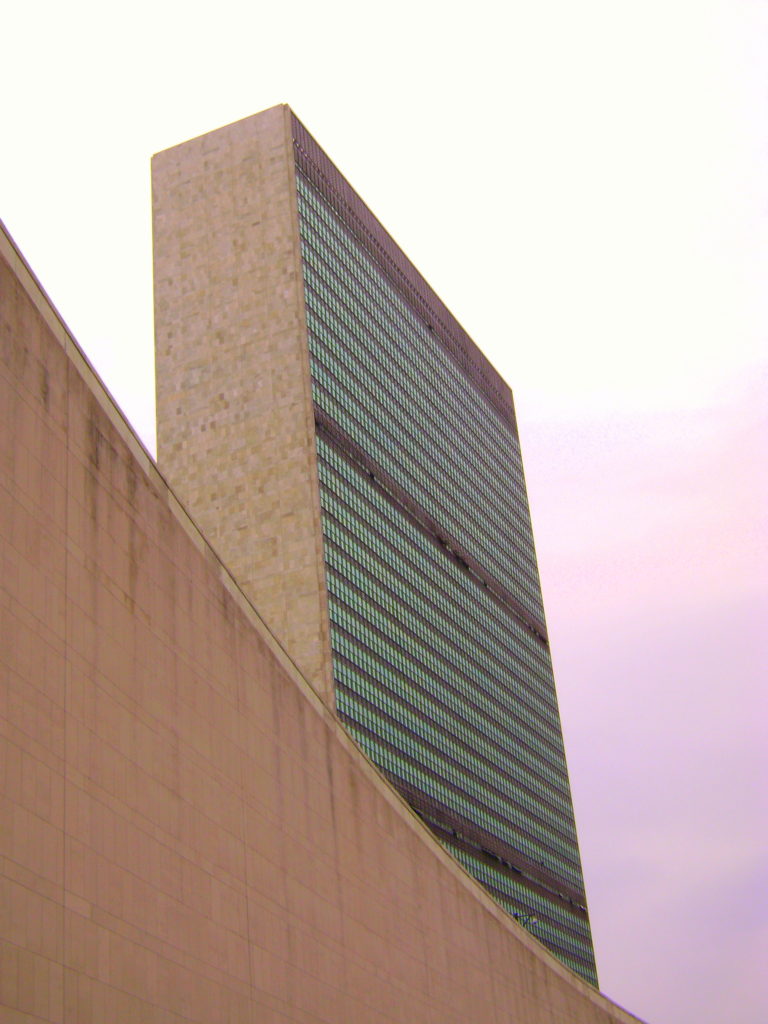Looking Ahead: America’s Role in the UN

Since Donald Trump’s inauguration at the start of this year, America’s foreign policy has experienced a dramatic shift with erratic moves that have aligned it with countries previously seen as threats. At a time when America’s leadership is being brought into question, other institutions like the United Nations may be stepping in. But how fit to lead is this organisation without the backing of the country which has dominated its politics since its founding?
America’s latest international decision has been to recognise Jerusalem as the capital of Israel. It is a move that prompted international outrage, distanced Donald Trump’s America once more from its allies, and led both Yemen and Turkey as Chair of the Arab Group and the Chair of the Summit of the Organization of the Islamic Cooperation, respectively, to call for an emergency session on 21st December, in the United Nations General Assembly. This was to vote on a resolution that recognised such an act as ‘null and void’. These nations have called the decision irresponsible and a violation of international law, further marking the declining faith in America’s global leadership. The resolution, despite President Trump’s vocal threats against countries that voted in favour, had already been vetoed in the Security Council by the US, and later passed with the overwhelming support of 128 member states, with 35 abstentions and 9 countries (Guatemala, Honduras, Israel, Marshall Islands, Micronesia, Nauru, Palau, Togo and the United States) voting against.

Nikki Haley, US ambassador to the UN, made a clear statement on the UN’s decision: “The United States will remember this day… We will remember it when we are called upon to once again make the world’s largest contribution to the United Nations… when so many countries come calling on us, as they so often do, to pay even more and to use our influence for their benefit.” The countries who did not vote for the resolution were invited to a reception on January 3rd by Nikki Haley as a “thank you for [their] friendship to the United States”, suggesting the US will be distancing itself from nations who voted yes. As the country with the world’s largest GDP and one of the UN’s constituent members, it is true that the US has contributed a significant amount to the international organisation. As of August 2016, the US had provided 28.6% of the UN’s peacekeeping budget, a body of the UN that requires a large amount of funding for the 120,000 peacekeepers deployed per year, mostly across Africa. The US is also the number one procurer of goods and services, providing 9.37% of the UN’s total volume in 2015, 2.1% more than the next country, India, and more than 3 times what was provided by France. Given the past extent of American support, it is perhaps not possible to imagine a UN independent of America, and capable of standing up to the States on an international stage. Furthermore, in 2016, the peacekeeping budget formed only 0.47% of global military expenditure, and the funding provided by the US formed only 0.38% of what America spent on its own military budget in that year. These discrepancies between both the US and the UN’s resources further suggest the UN cannot compete with superpowers like the US.
The intangibility of the UN’s decisions today also make it difficult to place it on the same stage as other world powers. For example, the recent vote on Jerusalem will have no effect on the US’s decision to move its embassy and means little to Israelis. Despite having been created in a 1947 UN vote, and in 1949, becoming the 59th member of the organisation (meaning it has effectively been part of the UN for longer than nearly seventy percent of current member states), Israel’s longtime subjection to UN debate and scrutiny has created a sense of collective indifference to the decisions passed by the organisation. The current life expectancy in Israel is 82 and the unemployment rate is at 4.3%, numbers higher than most Middle Eastern countries and on par with America and European nations like France. These figures afford Israel a sense of secrity, meaning it can afford to overlook the UN‘s many decrees. Nearly 40% of all resolutions passed between 2003 and 2012 in the UN were related to Israel and more emergency sessions have been called on the nation than any other country in the world. The UN’s dwindling authority, paired with the $285 million cut in the UN’s annual budget negotiated by Haley following the 21st December vote, who claimed in a statement that “We will no longer let the generosity of the American people be taken advantage of or remain unchecked,” suggests the UN is not up to the job.This statement is also a reflection of the starkly different direction the US is heading in, no longer taking as avid an interest or role in the UN as it has in the last few decades since the fall of the Soviet Union.
America’s influence in the UN has also led Donald Trump to claim that the US ‘would be taking names’, threatening to revoke American favour to any defiant nation, effectively attempting to coerce certain countries into voting against the resolution – countries that have depended on American money and ‘influence’. The three countries that have received the most aid from the US Department of Defense have been Afghanistan and Iraq, where the US has been involved militarily at some point in the 21st century, and Israel, a country who was unlikely to go against the American vote in the General Assembly on the 21st. All of these nations, however, do not hold veto powers and ultimately had little influence in the UN vote. This is not the first time that America has used its influence to pressure nations into voting in line with its agenda, useful in situations where a simple majority is required for a resolution to pass. In 1990, as a result of Yemen’s actions on the UN Security Council regarding the start of the Gulf War, America drastically reduced aid and support. Watching closely, a near-bankrupt India proceeded to vote with the US every time.
Whilst it is true that the UN has depended on US resources and influence, the US has also made use of the organisation to push its own agenda by threatening and coercing weaker states. This latest vote only further demonstrates this. However, if the UN is ever going to be the world power we need at this pivotal point in time, it will need to learn how to exist without the stifling influence of one of its founding members.
Edited by Frankie Wallace
